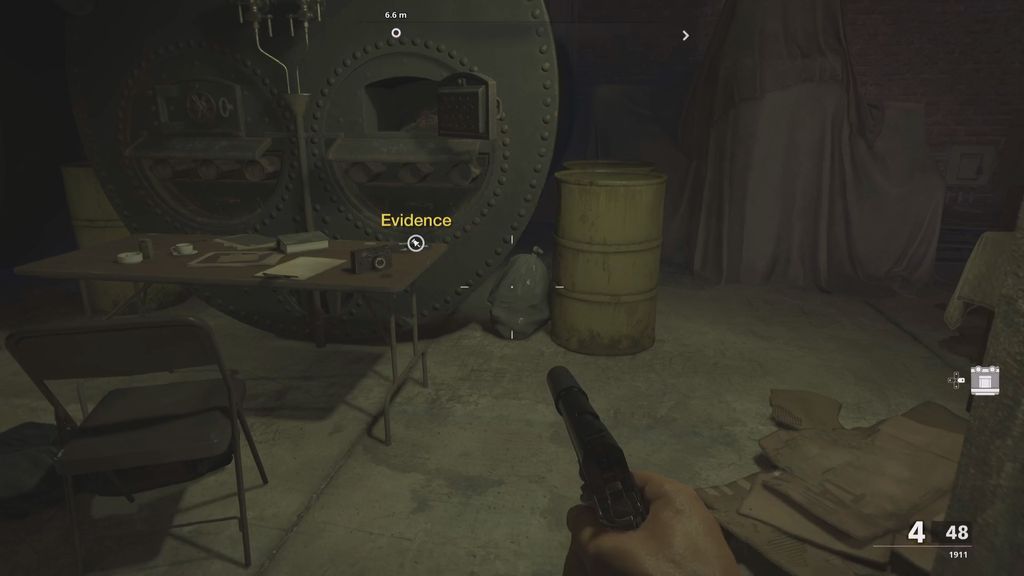

In this superpower standoff, all those lines are blurred, with Huawei and China Telecom equipment running data through NATO nations, the Chinese-owned TikTok app active on tens of millions of American phones, and Beijing worried that the West’s crackdown on selling advanced semiconductors to China could cripple some of its national champions, Huawei included. (In current dollars, those numbers would be a bit more than doubled.) The year it fell, 1989, the United States exported $4.3 billion in goods to the Soviets and imported $709 million, an inconsequential blip for both economies. The Berlin Wall not only delineated a sharp line between spheres of influence, freedom and authoritarian control, it stopped most communications and trade. The deep links between the two economies - the mutual dependencies on technology, trade and data that leaps the Pacific in milliseconds on American and Chinese-dominated networks - never existed in the more familiar Cold War. Biden’s senior administration advisers said in an interview, speaking on the condition of anonymity because, in the Biden White House, there is no area where words are measured more carefully than in talking about relations with Beijing. “This is nothing like the Cold War, which was primarily a military competition,” one of Mr. (Interestingly, after meeting this month in Switzerland with Jake Sullivan, the president’s national security adviser, China’s top diplomat said he objected to any description of the U.S.-China relationship as “competitive.”)īut if the administration is still struggling with the terminology, it says it knows what this isn’t. Khrushchev used to characterize the old Cold War. But his actions so far look increasingly like those in a world of competitive coexistence, a bit edgier than the “peaceful coexistence” that the Soviet leader Nikita S. Biden has yet to give a speech laying it out in any detail. The White House is loath to put a label on this multilayered approach, which may explain why Mr. Unidentified Objects: As more objects were shot down after the balloon incident, experts warned that there was an “endless” array of potential targets crowding America’s skies.A ‘Military-Civil Fusion’: The international fracas over China’s spy balloon program has thrown a light on Beijing’s efforts to recruit commercial businesses to help strengthen the Chinese military.18 in Munich, resuming diplomatic contact between Washington and Beijing. U.S.-China Meeting : Secretary of State Antony Blinken held a confrontational meeting with his Chinese counterpart on Feb.4 and three unidentified flying objects a week later, the nations have traded accusations over their spying programs. Tensions Rise: In the aftermath of the U.S.The Chinese Spy Balloon Showdown The discovery of a Chinese surveillance balloon floating over the United States has added to the rising tensions between the two superpowers. They can miss opportunities for cooperation, as the United States and China did in battling Covid-19, and may yet on the climate. Governments that plunge into a Cold War mind-set can exaggerate every conflict, convinced that they are part of a larger struggle. Yet the question of whether the United States is entering a new Cold War is about more than just finding the right metaphor for this odd turn in superpower politics. And while President Biden insisted at the United Nations last month that “we are not seeking a new Cold War or a world divided into rigid blocs,” his repeated references this year to a generational struggle between “autocracy and democracy” conjured for some the ideological edge of the 1950s and ’60s. It is true, they concede, that China is emerging as a far broader strategic adversary than the Soviet Union ever was - a technological threat, a military threat, an economic rival.

When Kevin Rudd, the former Australian prime minister and longtime China expert, told a German newsmagazine recently that a Cold War between Beijing and Washington was “ probable and not just possible,” his remarks rocketed around the White House, where officials have gone to some lengths to squelch such comparisons.


 0 kommentar(er)
0 kommentar(er)
